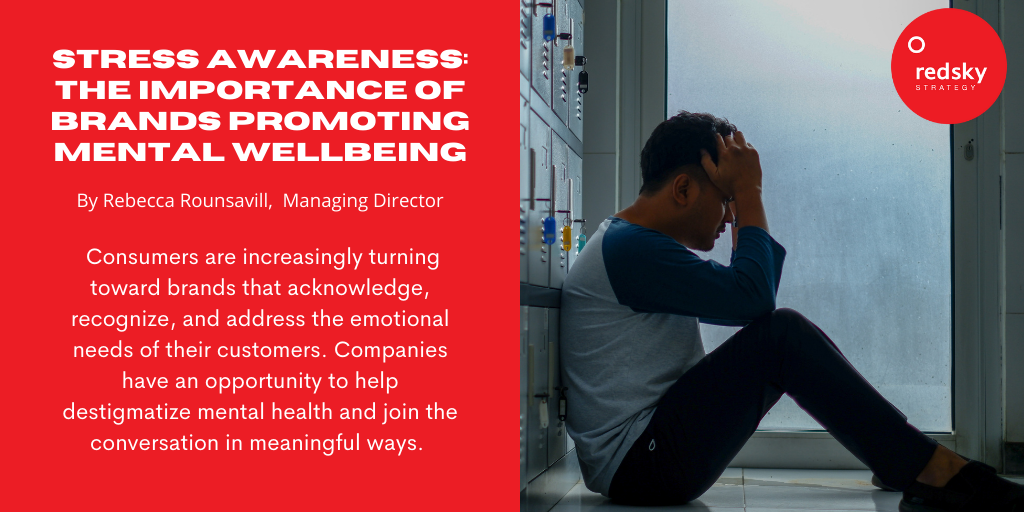News
Stress Awareness Month 2022: The Importance of Brands Promoting Mental Wellbeing

Image Credit: https://unsplash.com/photos/gXUEQEtpjMs
April is Stress Awareness Month, an annual event that is designed to help people learn more about stress and how to manage it. And it’s perhaps important now more than ever.
A Peek Into Pandemic-Related Stress
The pandemic has created a layer of stress on everyone’s lives. A Harris Poll study found that:
- 48% of parents agree that the level of stress in their life has increased compared to before the pandemic
- The majority of parents with children who are still home for remote learning (62%) agree their levels of stress have increased since before the pandemic
- Out of any generation, Gen Z adults are the most likely generation to report that their mental health has worsened compared to before the pandemic
Many of the study’s participants reported having gained or lost weight, drinking more alcohol to cope with stress, and that they are getting insufficient amounts of sleep. This is particularly true among parents, essential workers, young people, and people of color.
With unprecedented levels of stress plaguing consumers, more conversations are focused on mental health and wellbeing. People are increasingly turning toward brands that acknowledge, recognize, and address the emotional needs of their customers.
Earlier this year, we wrote about some of the top 2022 wellness trends. We’re seeing a shift in the purchasing behaviors of many with an emphasis on products that benefit their health. For example, mental well being is currently a top health trend affecting supplement choices.
Brands Promoting Mental Well Being
Every marketer should consider how their brand can authentically help their target audience with stress relief, self-care, and ways to live their authentic selves. This could include encouraging consumers to sleep and eat better, breath, practice gratitude, laugh, etc.
There are a handful of celebrities, such as Simone Biles and Naomi Osaka, and famous brands exceeding at accelerating the growing acceptance and decreasing the stigma surrounding mental health. For instance, Maybelline promotes self-love with their “Brave Together” initiative. The company created the long-term program with the mission to destigmatize and support those suffering from anxiety and depression, particularly young women.
Similarly, Jansport has a Lighten the Load campaign aimed at Gen Z struggling with mental health challenges:
Not all companies have products or services that can be directly related to self-care or mental health. However, there are still opportunities to demonstrate genuine care and promote mental health, such as donating to charities that support it or centering campaigns around building awareness.
Kate Spade uses its social channels similarly. For the second year, the brand, which lost its founder to suicide in 2018, partnered with the Born This Way Foundation—founded by Lady Gaga and her mother—for the 21 Days of Kindness initiative. From September 1 to 21, Kate Spade utilized TikTok and Instagram to demonstrate the power of goodness, validate the emotions of young people, and work to eliminate the stigma surrounding mental health.
As Gen Z continues to emphasize the values of the brands they choose to purchase from, it’s essential for companies to demonstrate responsibility and genuine care for these causes and concerns prioritized by consumers. Supporting mental health initiatives in a real way can help brands create an authentic connection with their consumers.
Are you interested in working with RedSky Strategy? We look forward to connecting with you to learn how we can leverage HumanSight to help your brand grow.
